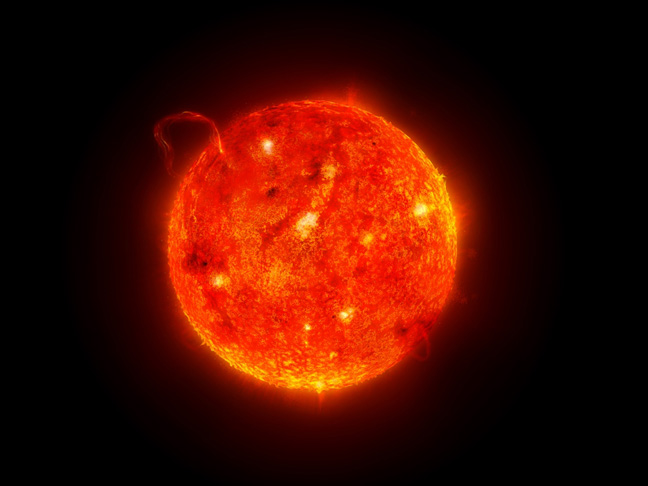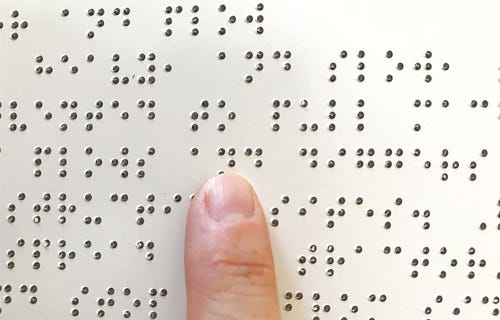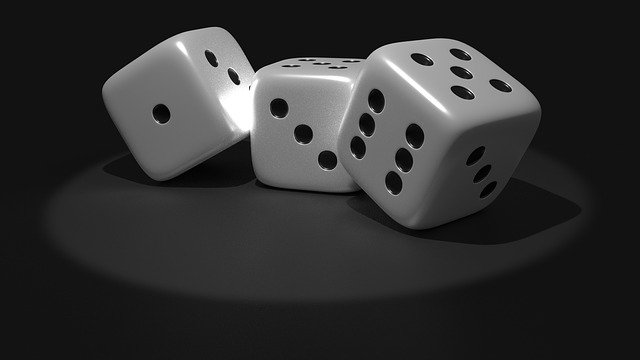
Must One Risk Madness to Achieve Genius?
Must one risk getting lost in the sea of madness in order to reach the lone island of genius? While not necessarily mad, creative minds are often chaotic, untethered and unhinged. These thought processes enable a creative person to bring together lots of seemingly disparate streams of information in a unique way not immediately obvious to those grounded in "reality". Which creates an interesting paradox: How can creative geniuses simultaneously be mad and brilliant? Only recently, however, have scientists been able to find out both what connects madness and brilliance, and what separates them. It turns out the key to this riddle is a deeper understanding of the most psychologically important dimension of human personality: Openness/Intellect.
Among the "Big Five" personality traits, the Openness/Intellect domain has been the most difficult for psychologists to describe. The problem is that it is such an all-encompassing domain, with psychological linkages to human art, aesthetic interests, unconventionality, imagination, creativity, perceived intelligence, and intellectual curiosity. While the unifying force of the domain is a drive for cognitive exploration, recent research conducted by myself and my colleagues (including Colin DeYoung and Jeremy Gray, who I worked with in graduate school) show that Intellect can be separated from Openness, both behaviorally and neurologically. Intellect is more related to exploration and engagement with abstract or semantic forms of cognition, whereas Openness is more related to engagement with perceptual and sensory experiences. This cognitive division has posed some problems for psychologists trying to understand this broad domain, because intellectual forms of cognition are mixed in with more intuitive and sensory forms of cognition. This situation has created a paradox: "intelligence" (as measured by I.Q. tests) and "madness" (as measured by tests of a mild form of schizophrenia called schizotypy) are negatively related to each other yet are positively related to the overall Openness/Intellect domain. How can this be?

















.png)
